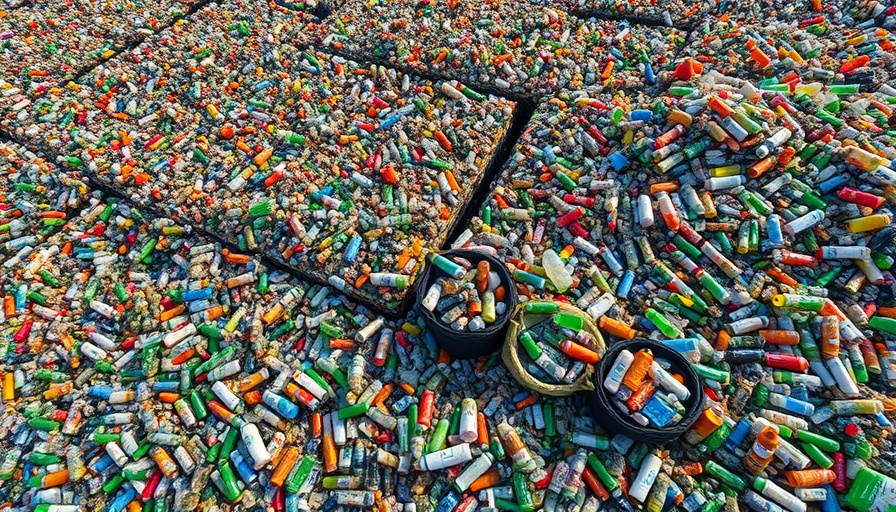
Bangladesh's Innovative Shift from Plastic to Biodegradable Tableware
In recent years, Bangladesh has taken significant strides towards sustainability by turning to biodegradable materials for tableware. Local entrepreneurs are tapping into the vast potential of areca leaves and rice bran to replace single-use plastic tableware—a move driven by growing environmental awareness and a desire to reduce plastic pollution.
Addressing the Plastic Pollution Crisis
In 2018, Bangladesh consumed approximately 250 tons of single-use plastic tableware each month. This staggering figure reflects the global challenge of plastic pollution, which saw a demand for 640 billion single-use plastic items projected to rise in the coming years. As environmental regulations tighten globally, including the European Commission’s directive to limit certain plastic products, Bangladesh's emerging trend of using biodegradable tableware is a beacon of hope amidst a widespread crisis.
The Rise of Areca Leaf Tableware
Countries that boast vibrant cultural practices, such as festivity celebrations and outdoor gatherings, often lean heavily on disposable plates and utensils. For many, the convenience often outweighs the environmental consequences. However, local brands in Bangladesh, including Ecovalley and Bright Areca, are now producing about 500,000 plates made from areca palm leaves monthly. Imran Hossain of Bright Areca states that interest in their biodegradable products is on the rise, increasing from a monthly demand of around 20,000 to a remarkable threefold growth over four years.
The Benefits of Using Areca Leaves and Rice Bran
Utilizing areca leaves and rice bran for tableware is not just about replacing plastic. These materials are often sourced locally, supporting the agricultural economy while minimizing the carbon footprint associated with importing products. Areca palm leaves are abundant across coastal regions of Bangladesh, making them a renewable resource. Furthermore, with the addition of rice bran, another byproduct of local agriculture, the initiative paves the way for a circular economy by repurposing waste into valuable products.
Support from the Government
As the push for sustainable alternatives to plastic grows, the Bangladesh government has expressed commitment to support local industries focusing on eco-friendly products. Syeda Rizwana Hasan from the Ministry of Environment, Forest and Climate Change has emphasized the importance of promoting such industries by providing policy privileges, thereby encouraging more entrepreneurs to engage in sustainable practices.
A Cultural Shift Towards Sustainable Living
While the production of biodegradable tableware is still growing, there's an evident cultural shift in Bangladesh towards sustainability and eco-conscious living. Consumers are becoming increasingly aware of the environmental impact of their choices. As this trend continues, it strengthens the potential for local entrepreneurs to innovate and expand the market for eco-friendly products, contributing to a greater movement against plastic pollution.
Call to Action: Join the Movement!
Consumers can play a crucial role by choosing biodegradable tableware at events and gatherings. By supporting local businesses that offer sustainable products, individuals contribute to reducing waste and fostering a greener future. Making conscious choices and advocating for sustainable practices in our communities can lead to real change. Together, let’s work towards creating a sustainable lifestyle that prioritizes the health of our planet.
 Add Row
Add Row  Add
Add 



Write A Comment